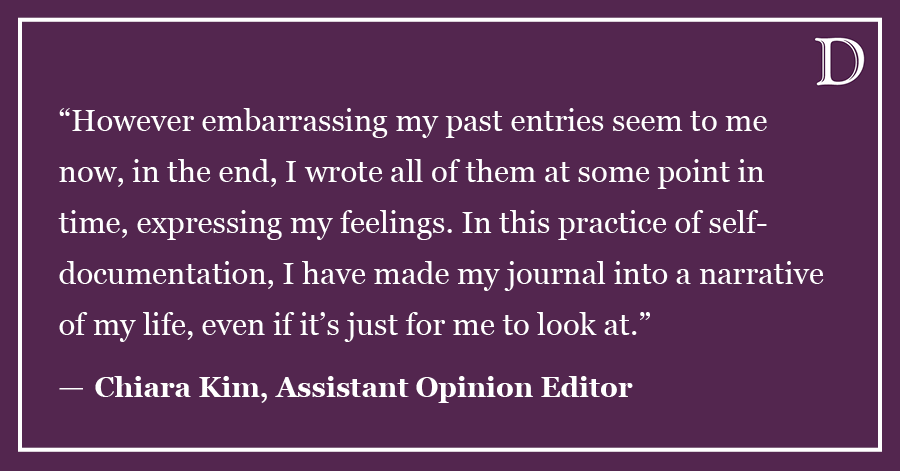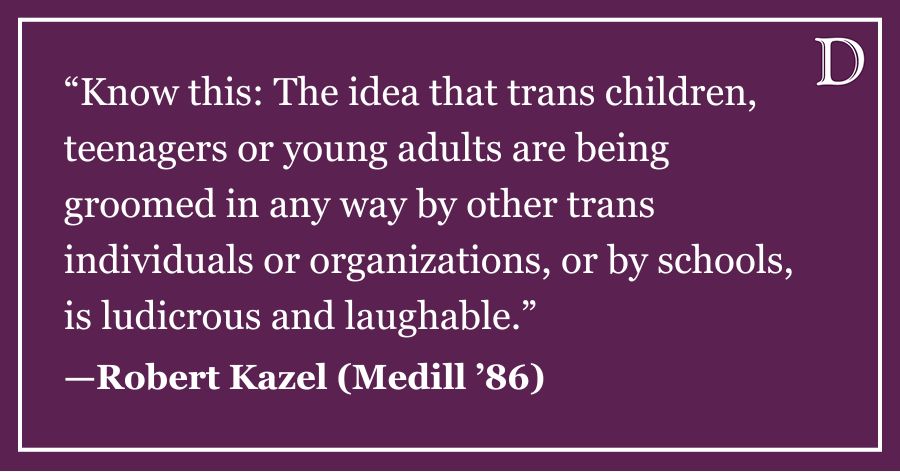It’s been a while since elementary school, but none of us have forgotten the time we brought something yummy to class and we got the ubiquitous, “did you bring enough for everyone?” Though a mild annoyance back in the third grade, it should be put up with in the name of teaching children to share and be fair. This is the sort of thing we take for granted as a basic principle of human decency, like cleaning up your dog’s poop while out on a walk, but, forever the skeptic, I challenge you to think twice.
It’s not every day that you see a book with the title “Against Fairness,” so you can imagine how startled I was when I came across a review of it online. The book, written by philosopher Stephen Asma, argues against exactly what its title suggests: The common notion that what is fair is what is right. I never finished reading the review. Ten minutes after I clicked on it, I was at Church and Sherman walking out of Barnes & Noble with a copy of the book in hand, $22.07 poorer since I was too impatient to wait for Amazon to ship it.
Getting ripped off by a bookstore has never been so rewarding, since Asma’s book is without doubt, the most thought-provoking thing I have read in months. He begins with a recollection of a lecture he began by telling the audience, “I would strangle everyone in this room if it somehow prolonged the life of my son.” At first, that seems psychotic, but he develops it further with a classic example, the “Trolley Problem.” You’ve all heard it; a train (or trolley, or delusional runaway elephant, etc.) is coming to a junction, and you have control over which path it takes. At one end are three strangers tied down and at the other is your mother. If everyone is to be treated equally, the choice is obvious.
But they shouldn’t be treated equally. You should flip the switch and save your mom! If you wouldn’t, then we really need to sit down, crack open a beer and have a chat.
I presume here that you were fortunate to have such a mother to love, but the point still holds even if you don’t, just replace your mother with the person you love most in the world. Unfortunately, many of the abstract theories of ethics we learn about in school seem to gloss over, or even blatantly contradict, all of this. But Asma argues that alongside academic ethics, there is another set of ethical norms, far deeper and older than those found in the writings of John Stuart Mill or Immanuel Kant.
Love and loyalty play favorites. They make us value some people more than others. They are not fair. But the “Golden Rule” does not account for this, nor does much of what we take for granted to be obvious ethical truths. Asma’s point is that we need to reconcile our ethical, legal and philosophical notions of fairness with the fact that humans are inherently unfair creatures, because “fairness” sounds absurd when we start to apply it blindly to friends and family.
By what’s said aloud, you’d think we’re expected to be saints. Every time a politician has an affair, it’s scandalous. When someone shows favoritism to friends, it’s unethical conduct. But let’s be real here, how many of you have let your friends blatantly copy your homework? How many times have you lied to cover things up for someone you care about? How many times have you given a friend cash to buy booze when there are children starving to death on the other side of the world? You can debate as long as you like about what “good” is and what we “should” do, but when the moment comes, when your hand is on the switch and it’s your mother’s life on the line, chances are, you’ll forget a lot of that.
Morality is as much, if not more, a feeling as it is an abstract construct. If we want to do good, we should concern ourselves with how to do good, rather than just what good is. When we ask ourselves, “What would Jesus do?” it becomes very easy to condemn. But what would you do?
Julian Caracotsios is a Weinberg junior. He can be reached at [email protected]. If you want to respond publicly to this column, send a Letter to the Editor to [email protected].














